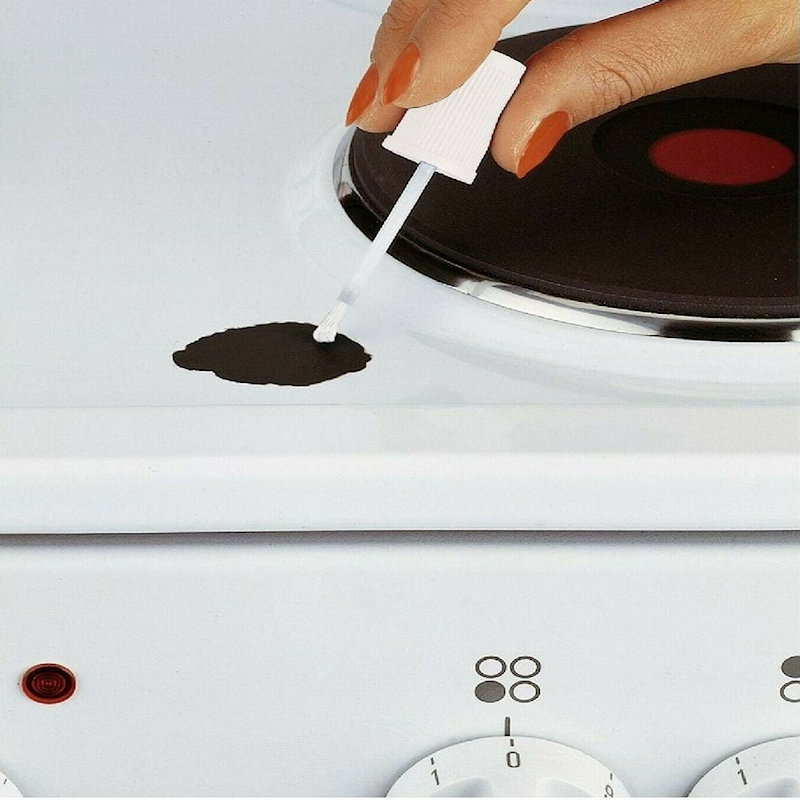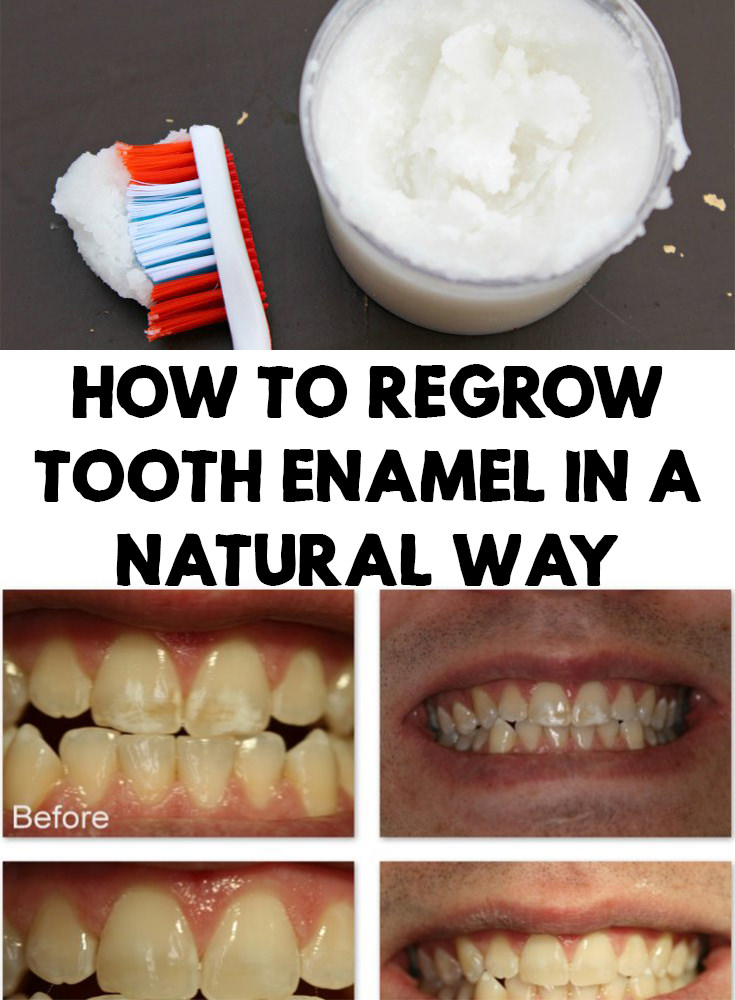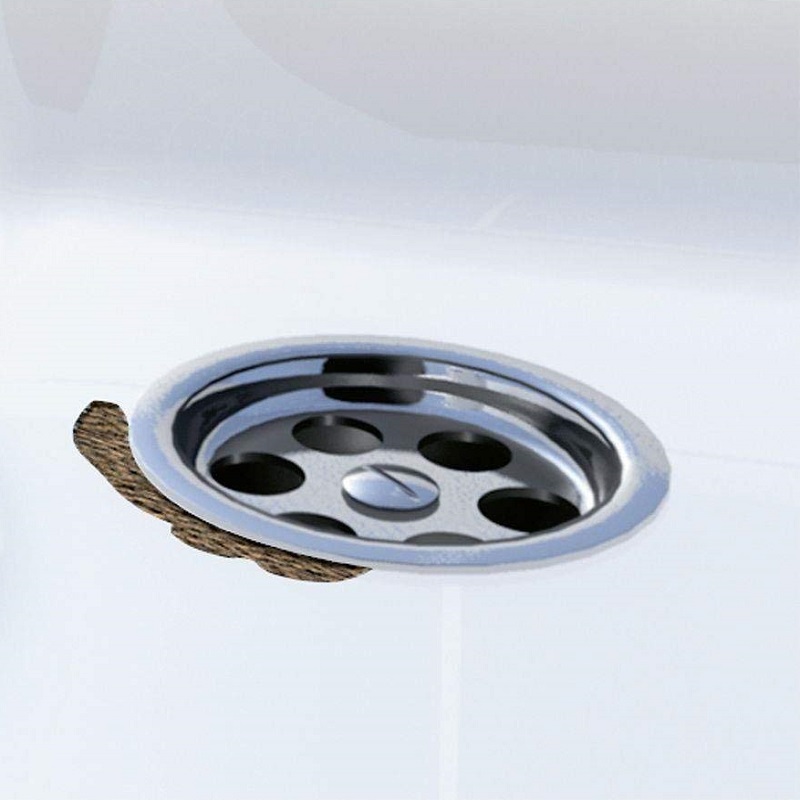Outstanding Tips About How To Build Up Enamel

Fresh and thoroughly cleaned copper are a must.
How to build up enamel. You may also be more prone to cavities, dr. Ok, so fluoride works fine when it comes to. This happens through a process called remineralization , which naturally occurs when essential minerals like fluoride, calcium, and phosphate reunite with your.
The weaker the enamel, the more sensitive your teeth are, especially to heat or cold. Aim for toothpaste with calcium. Make sure you use proper safety while using a torch!
It’s crucial to care for your enamel as it does not regenerate on its own like the cells in your bones do. Your enamel is a super shield protecting your teeth from decay. This care, along with visiting the dentist, should protect your teeth.
However, it is possible to restore the minerals in weakened enamel and make your teeth more resilient to decay. Fluoride amps up enamel to resist acid attacks from food and drinks. In older teens and adults, acidic foods and drinks.
Your body cannot make new enamel; This videos is long, but you learn 8 different enameling techniques, well worth the 26 minutes! The rest of your enamel consists of water (4%) and proteins (1%).
There are a variety of treatment and preventive measures used. Your saliva is also important. It acts as a type of mouthwash that neutralizes acid and cleans your teeth.
This portion of cytoplasm is filled with secretory granules. Fluoride strengthens protective enamel.
It also has mineral ions for rebuilding your enamel. Calcium can be added to your water (just put a pinch in your bottle) to enhance your teeth’s exposure to calcium during the day. Saliva helps maintain your enamel by mineralizing it, neutralizing acidity, and washing away food matter, but it will not fully heal it.
Its strength comes from fluoride, a natural mineral. What does tooth enamel do? If your tooth enamel is beyond repair, then you will need to consult your dentist about having.
The enamel is secreted by the specialized epithelial cells called ameloblasts via the process called amelogenesis. Tooth enamel loss can make your teeth more sensitive to heat, cold and sweets. First, it’s important to know that enamel damaged by decay cannot simply grow back.


















